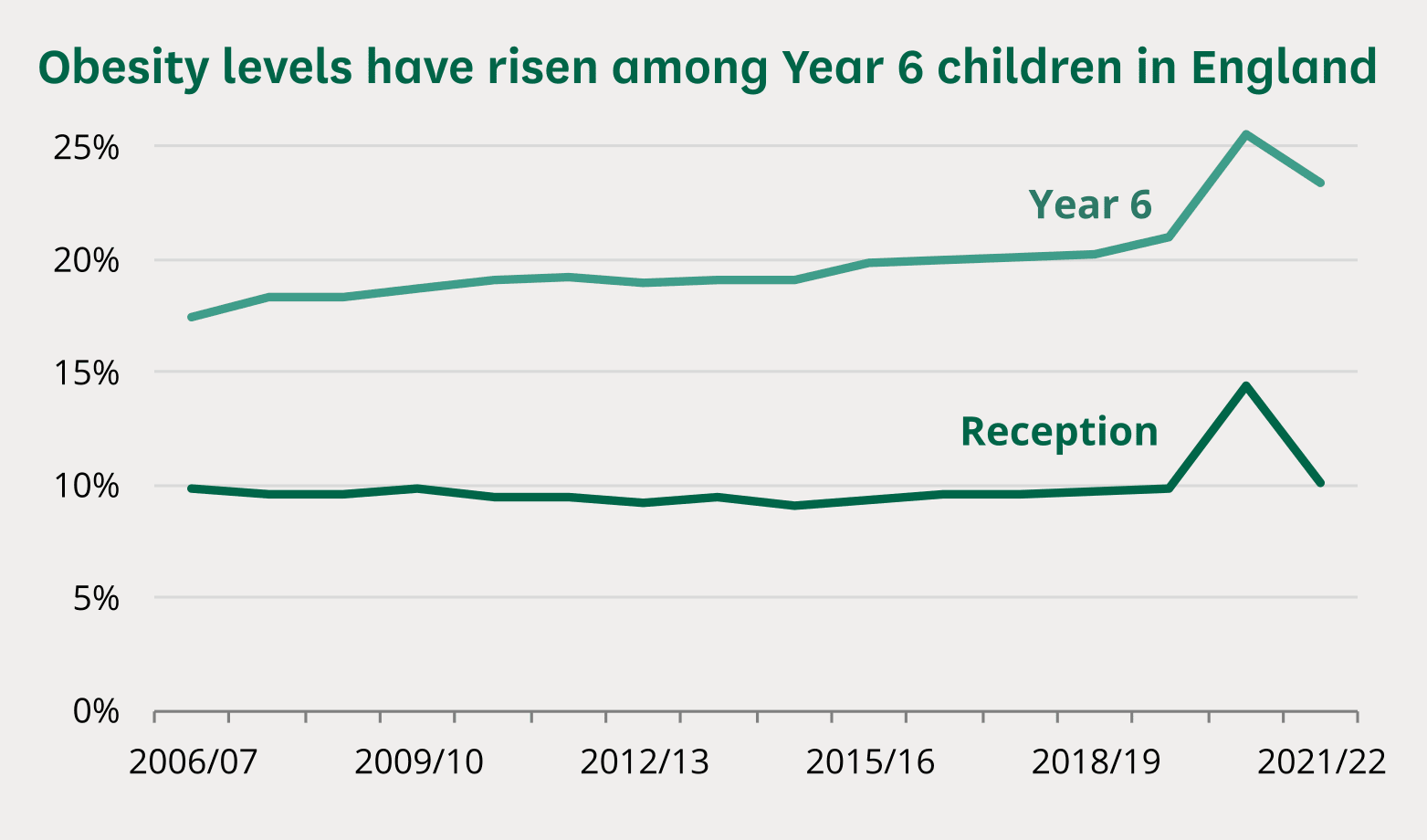Children these days have bad manners, contempt for authority, and terrorise their teachers – so said Socrates in 5th century BC Athens. The scolding of the youth by the bitter and geriatric is a time-honoured tradition. For thousands of years, the old have fretted about bequeathing the world to their young, who are, without exception, lazier, ruder and less ambitious than their elders. In that spirit, we cast a judging eye over the next generation.
Today’s kids belong to Generation Alpha, born from 2010 until the mid-2020s. This generation is the successor to Gen Z. They are named for the first letter in the Greek alphabet, will become the most populous generation in world history and are attracting particular interest because they are the first of us to be born fully immersed in the digital age.
As Bill Maher put it, Generation Alpha are flying blind. The fallout of subjecting our primate brains to advanced technologies from day dot is an unknown known. We don’t yet understand how access to smartphones and on-demand internet during infancy will impact the brain. We can’t say for sure what it means for social skills to entertain parasocial relationships on Twitch streams and through social media. But what we do know doesn’t bode well.
READ MORE: Gen Z Slang | The secret code of a complicated generation
Although some members of Alpha have yet to be born, others are already as old as 13. The available information about their health points toward some worrying trends. UK Government data shows that almost 40 per cent of Alpha kids finishing school are either obese or overweight. Childhood obesity ballooned at the onset of the millennium and has continued to rise steadily since. In 2020 almost 15 per cent of children attending reception, that’s four- and five-year-olds, were measured as obese.
Or, put another way, look at Augustus Gloop in 1971’s Charlie and the Chocolate Factory – and then look back at an average kid. See the issue? It’s not only a European problem either; 3.8 per cent of Indian children are overweight, a figure projected to soar to 17.5 per cent by 2030.

(Source: House of Commons data)
Alpha’s mental health doesn’t appear to be fairing much better, either. A 2022 NHS survey of English children found that between the ages of seven to 16 – which incorporates some Zoomers – 18 per cent were found to have had a probable mental health disorder.
When the same survey was taken in 2017, just 12.1 per cent of a separate cohort were said to be mentally disordered. The finding is mirrored by data from The Children’s Society, which says five children in 30 are likely to have a mental health problem.

Augustus Gloop, played by Michael Bollner, in Charlie and the Chocolate Factory (1971)
Of those who are suffering, it tends to be from issues such as depression, anxiety and eating disorders. According to Scottish Children’s charity Children 1st, these issues can be brought on by traumatic experiences. Although we can’t say for sure, it appears that some or even much of this mental health crisis is attributable to the Covid-19 lockdowns.
READ MORE: The Absolute State of Andrew Tate’s War Room
A Cambridge University Press study of British adults suggested the pandemic resulted in prolonged mental health deterioration. Data on children is scarce, but written evidence to the House of Commons by Professor Ellen Townsend of the University of Nottingham gives food for thought:
“Preventing children and adolescents from socialising and attending school will disrupt vital developmental processes that impact on brain development and functioning, especially executive function which is vital for self-control and flexible thinking.”
For anybody who thinks these young people are just a bunch of snowflakes – to wrongly believe yourself to have a mental health disorder and seek treatment for it would be hypochondria, a mental disorder. And if the blame is to fall on clinicians and lobby groups for overdiagnosing children, then that proves something more terrible still – that the whole society has lost its mind.
The next alternative is that children are correctly diagnosed with mental health issues that would have previously gone ignored. A study in the Journal of Affective Disorders explored this diagnostics bias and illustrates the difficulty in comparing flawed data sets over time. But it does say that many of the trappings of modernity are associated with illnesses like depression:
“Modern populations are increasingly overfed, malnourished, sedentary, sunlight-deficient, sleep-deprived, and socially-isolated. These changes in lifestyle each contribute to poor physical health and affect the incidence and treatment of depression.”
Gen Alpha is gonna develop neurologcal disorders that haven't even been discovered yet.
— MANK (@Spraytham) July 30, 2023
But Alpha have emerged from the lockdowns and can look forward to joining a human culture that might be at its flattest and most sterile yet. The last trappings of the tactile world of old kicked the bucket in the noughties. Gone are physical newspapers, whirring machines like the fax, noisy cars, busy pubs, and packed high streets.
There is very little colour for them to enjoy – everything is greyscale – from carpets to cars; the vim has been siphoned out and replaced with something just a bit too clean. Cigarette smoke, exhaust fumes and factory plumes have or will give way to the stench of vape and the hum of electric motors.
Greyscale colours now make up three quarters of cars produced globally, compared to less than 50% in the past. pic.twitter.com/bkMivtteF6
— The Cultural Tutor (@culturaltutor) June 24, 2023
Human interaction now takes place on the digital plane, where meetings are conducted through Zoom, dating over Tinder and socialising on Facebook (or whatever the kids use these days). There are no birthday or Christmas cards, there are very few letters being sent other than by officialdom, and we no longer enjoy the very pleasant screeching of a dial-up modem stuttering into life.
This is the paradox of the Alpha, handheld – or perhaps eventually chip implant devices – will allow them to see any part of the world in high-definition video and learn about all of its history in as many eBooks and lectures as they would like. And yet those same devices will stand as a barrier which will keep them more separate from the real world, that one which can be touched and felt than any before them.
Traditional community hubs are dead or in their death throes. Fully a quarter of Church of England congregations do not count a single child among their flock. Children’s attendance at C of E services fell by 38 per cent between 2019 and 2021, a steep fall which marked the acceleration of a longstanding decline. Alpha isn’t old enough to go to pubs yet, but by the time they are, there won’t be many left outside of the student and nightlife scenes.
More than 150 British pubs closed in the first three months of this year alone, after 386 shut up shop in 2022. Outside of urban areas, most pubs are propped up, literally, by the boomers at the bar – the same people who provide life support to newspapers and the other artefacts in plain sight that Alpha must find bemusing.
Alpha aren’t being born at the beginning or the end of anything. It must be odd, like arriving a few decades late to the Hundred Years War. What’s going on? Why are we fighting? What’s this all about? Alpha was born a decade clear of 9/11 and after the financial crash. Yet they will inherit a world defined by these events – and other histories which will seem like something from another world.
While Gen X’ers carry on like they won the war until their dying breath, Alpha won’t much care even if they did. What war? Even the symbology of their world will be alien relics from a distant time. What do they make of an iPhone’s phone app icon – what do they think the save icon represents in Microsoft Word?
1st time Gen Alpha witnessing an Apple PC artifacts be like: 🫢 pic.twitter.com/4rHnXxZQsG
— GO #BLOKirKominfo (@MassiveAbstract) July 31, 2023
If it could get any worse, and it can, Alpha missed out on the good times. The fun times, when everyone with an IQ made loads of money – when S Club 7 were leading the charts – when wars were fought outside of Europe or at least in the bits no one had heard of – are over and they’re not coming back. Awaiting Alpha is prohibitively expensive housing, NHS waiting lists, a maximum wage known as the minimum wage, and a long and gruelling march toward a diminished pension pot and degenerative disease.
READ MORE: From S Club 7 to Central Cee | Why was 90s music so happy compared to now?
It is hard to divorce the examination of the young from the examiner, who will invariably be old and well on the way toward his or her fate as a tobacco-chewing misanthrope. There is a sense in which the old are duty-bound, if not destined, to complain about kids before they are replaced, and the cycle repeats. It may even be a healthy relationship, where the young are held to – and therefore try to reach and exceed – impossible standards set by demented coffin dodgers with a rose-tinted view of their own past.
On the other hand, the Athenian empire did collapse not long after Socrates made his forecast – so there might be something in it. But being conscious of our bias, we should refrain from laying into the next generation excessively. They will have a tough time of it.
On every metric, Alpha will have it worse than their parents across the West. Elsewhere, as in India, scarcity will give way to over-abundance and challenges of a different sort. The only way up for Alpha might be to go down further still. It is said strong men create good times, good times create weak men, and weak men create bad times. Bad times drove mankind to its greatest discoveries and to the farthest reaches of the earth. On the cusp of space travel, a failing world could inspire Alpha to make another – on Mars or further afield still – they might map the stars and take their place as the pioneers of the future – the anti-boomers whose deeds will be immortalised in 500ft tall bronze statues on Proxima Centauri.
Or they might never leave their bedrooms on account of a Fortnite addiction. We can only hope it is the former.






1 Comment
My mistake, I was writing a long essay about my opinion on this (as a gen alpha of course) anddd.. I accidently clicked a link deleting my hundreds, maybe even 1000 words. Oops!~